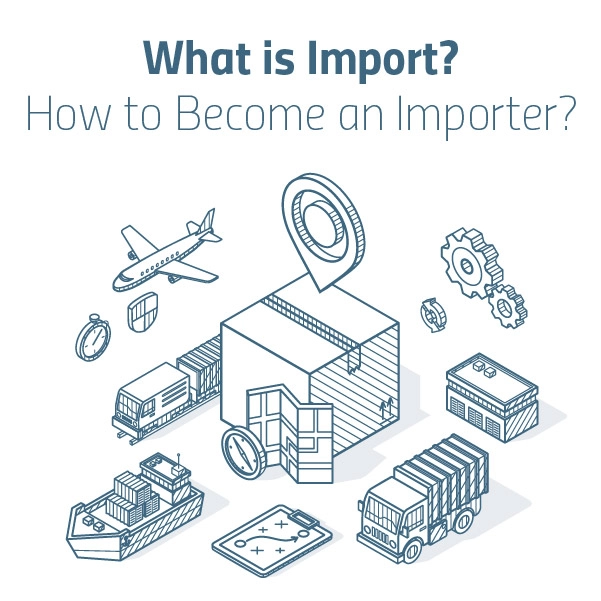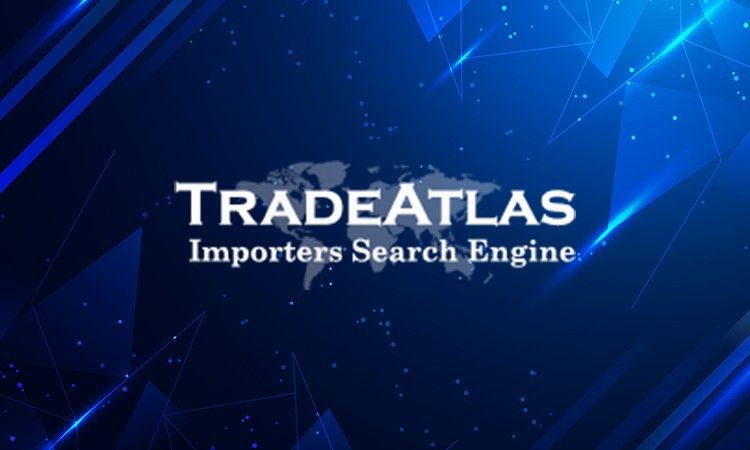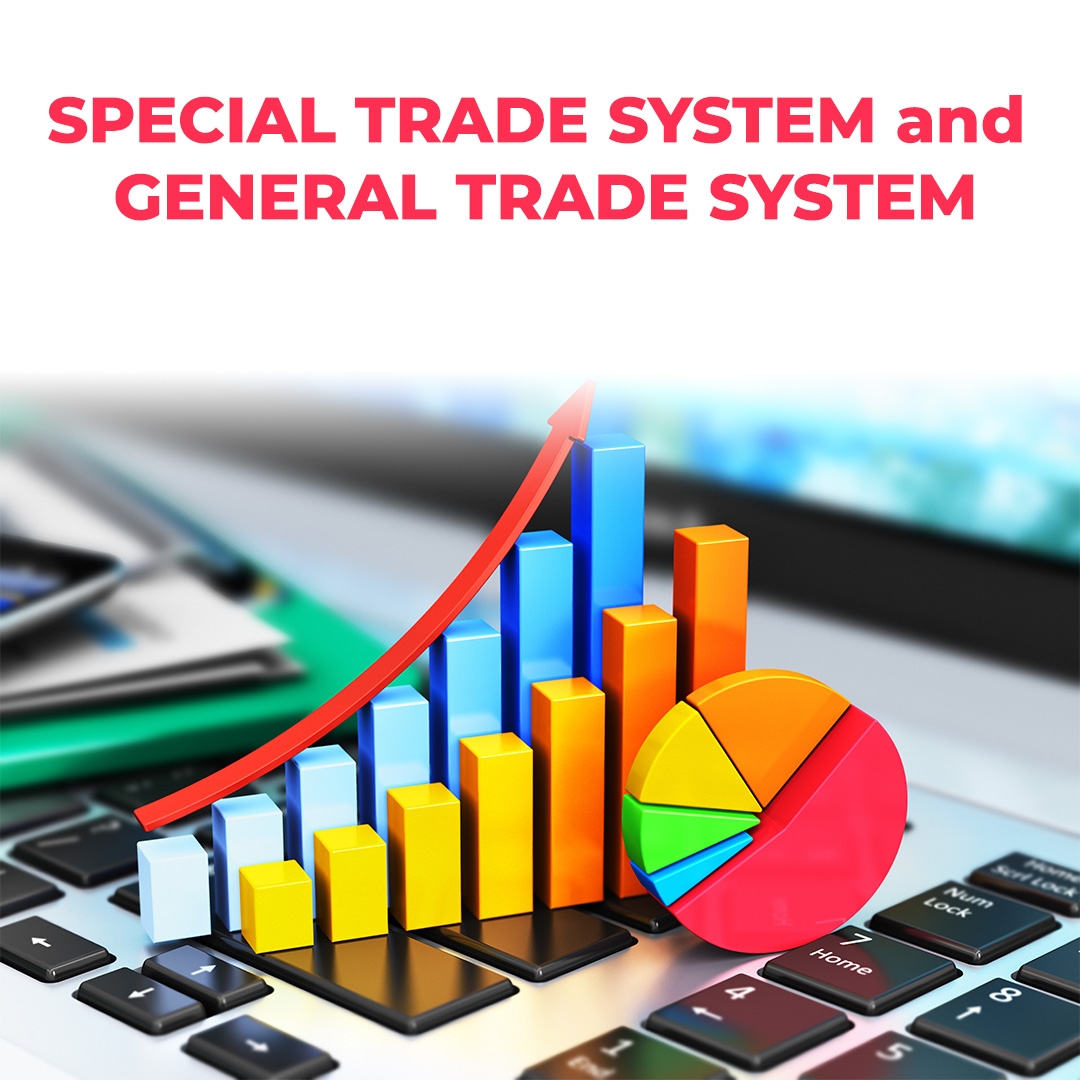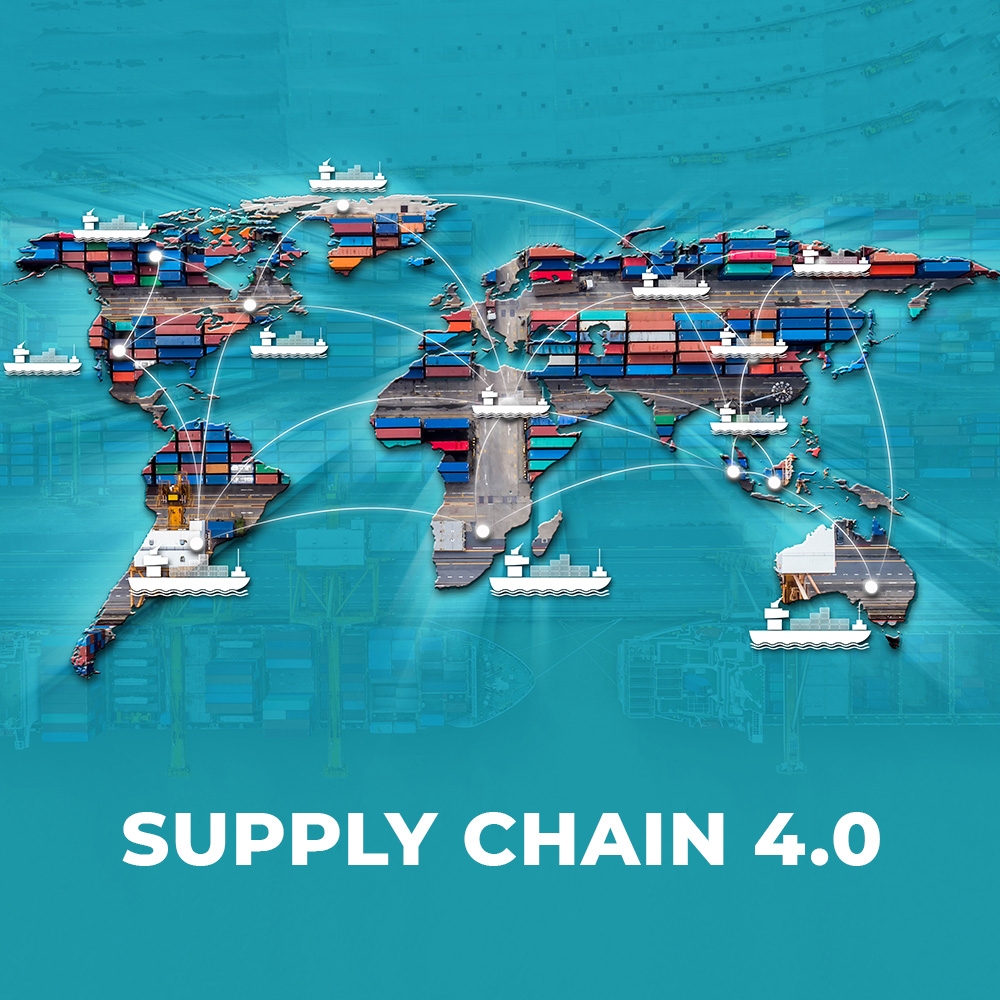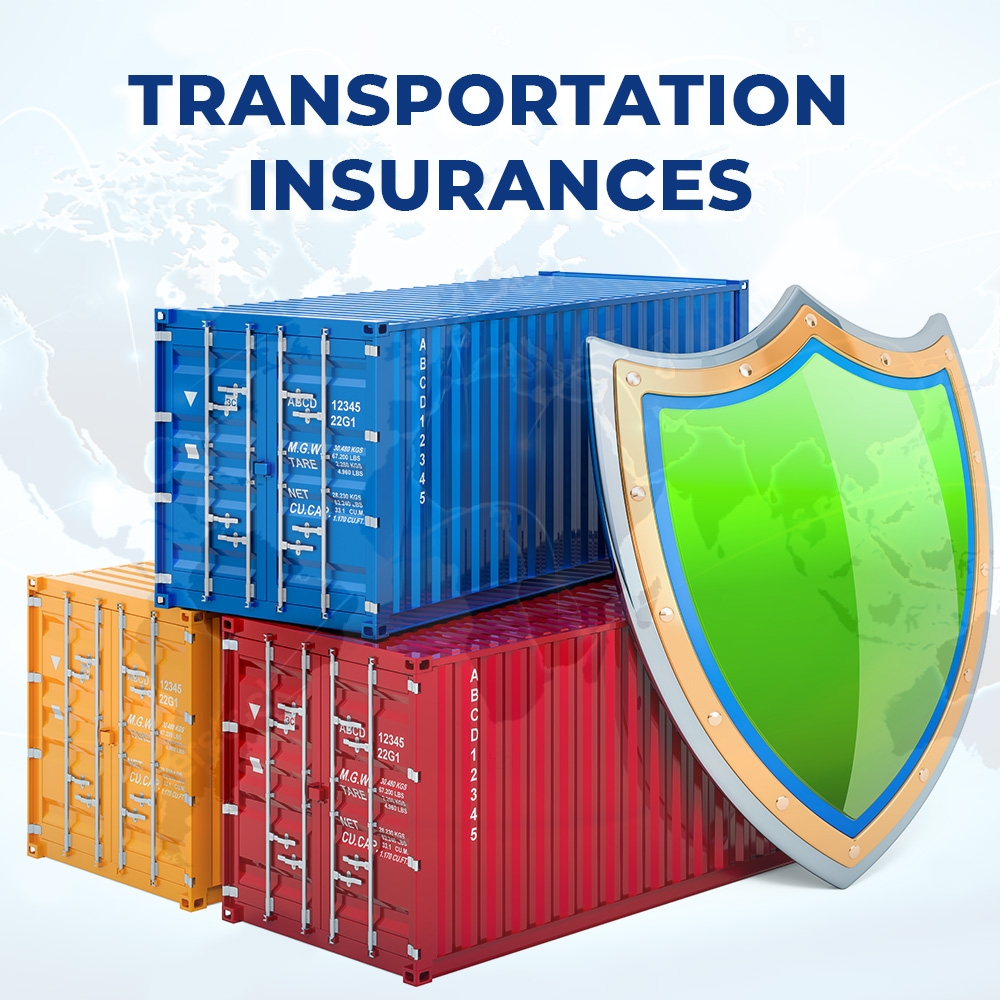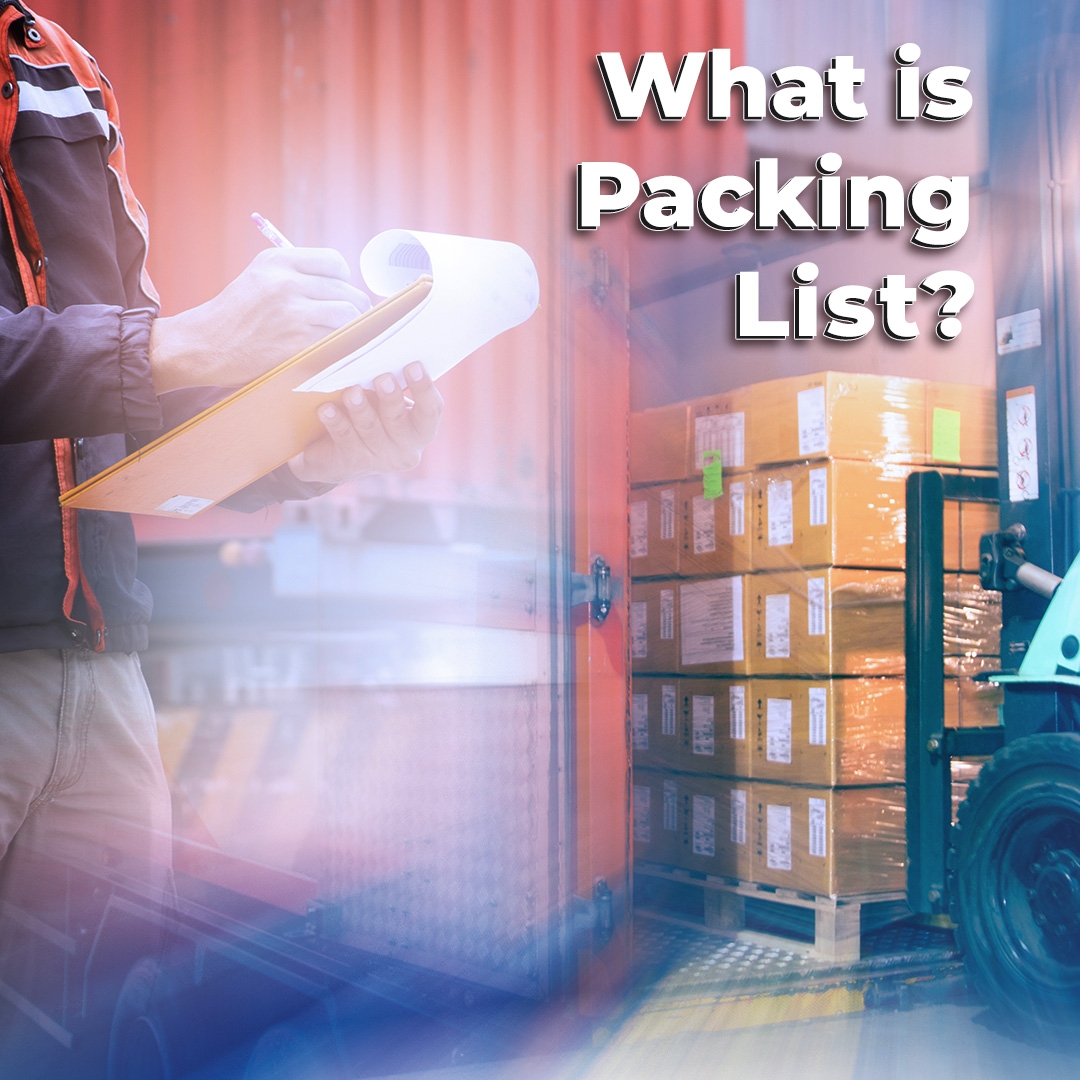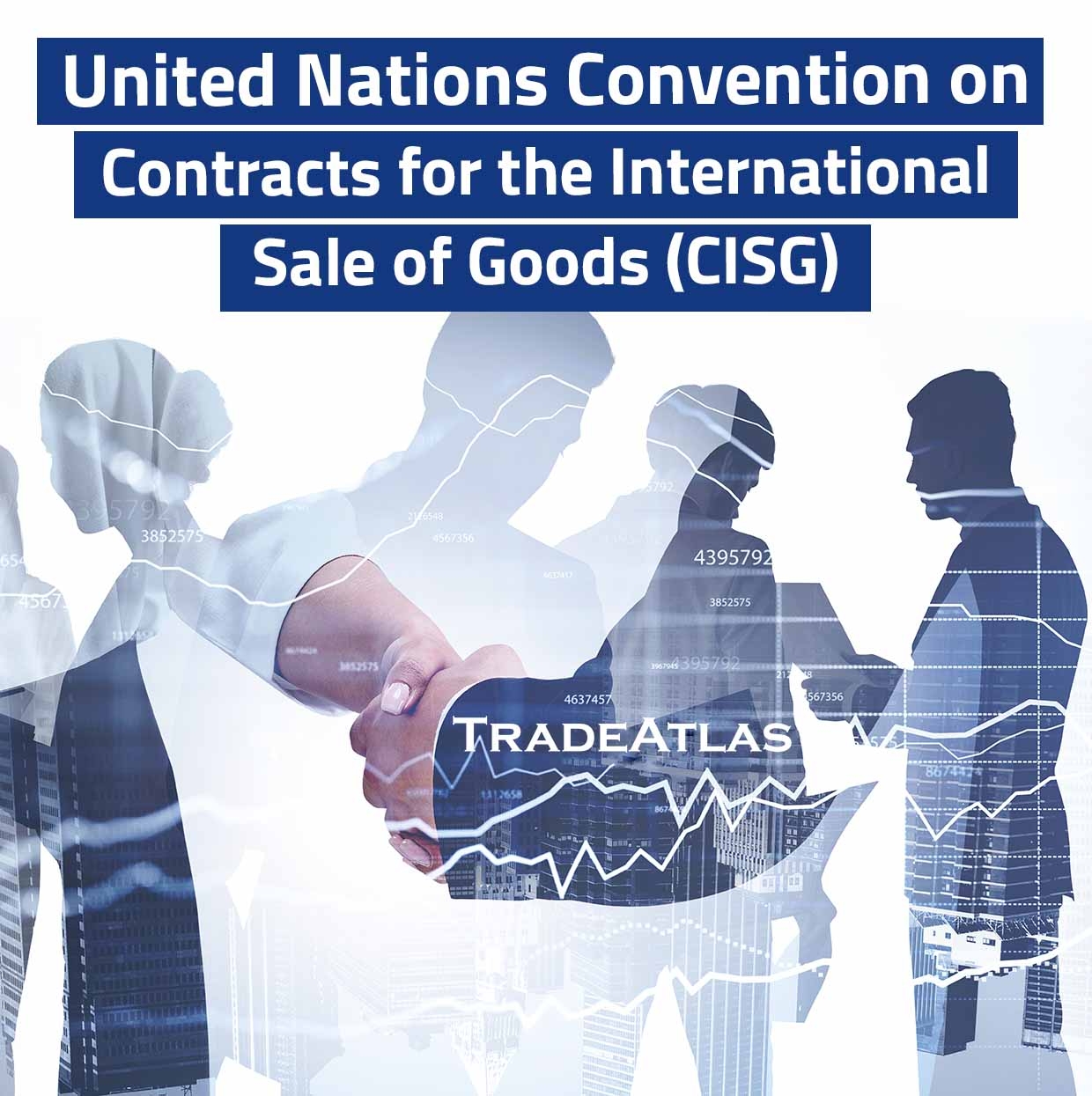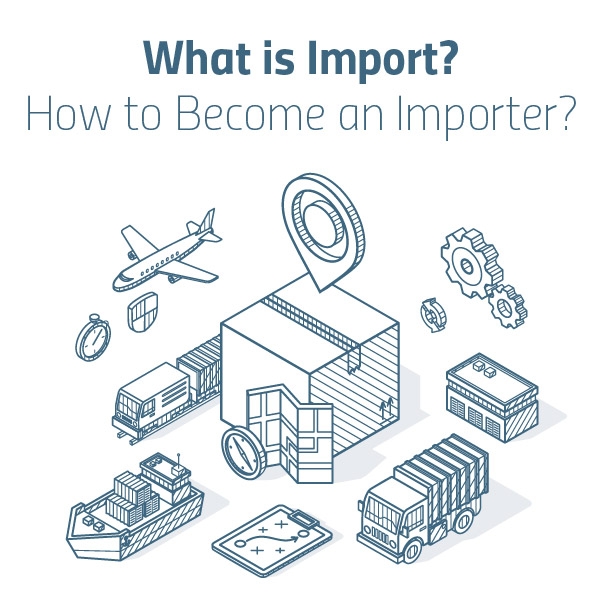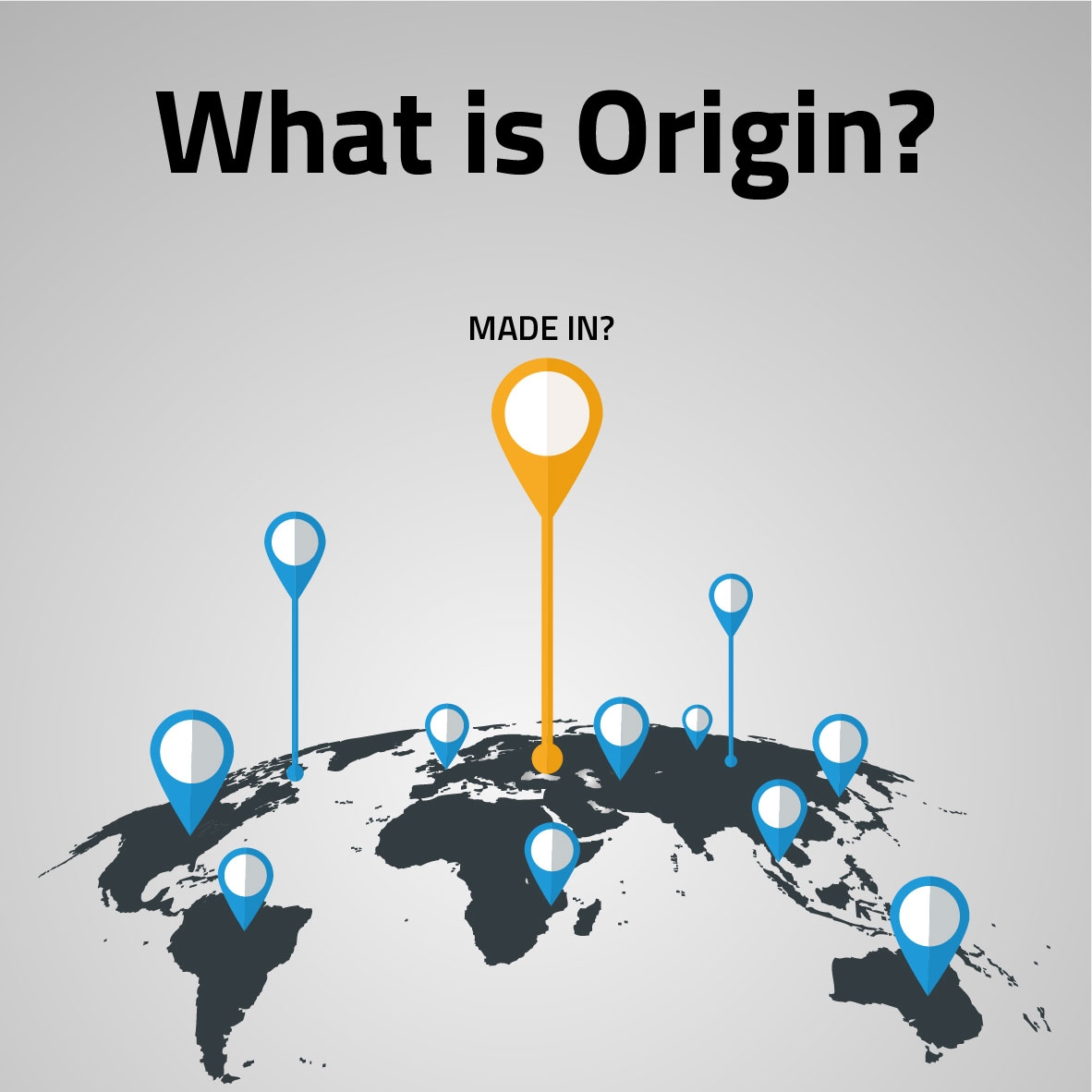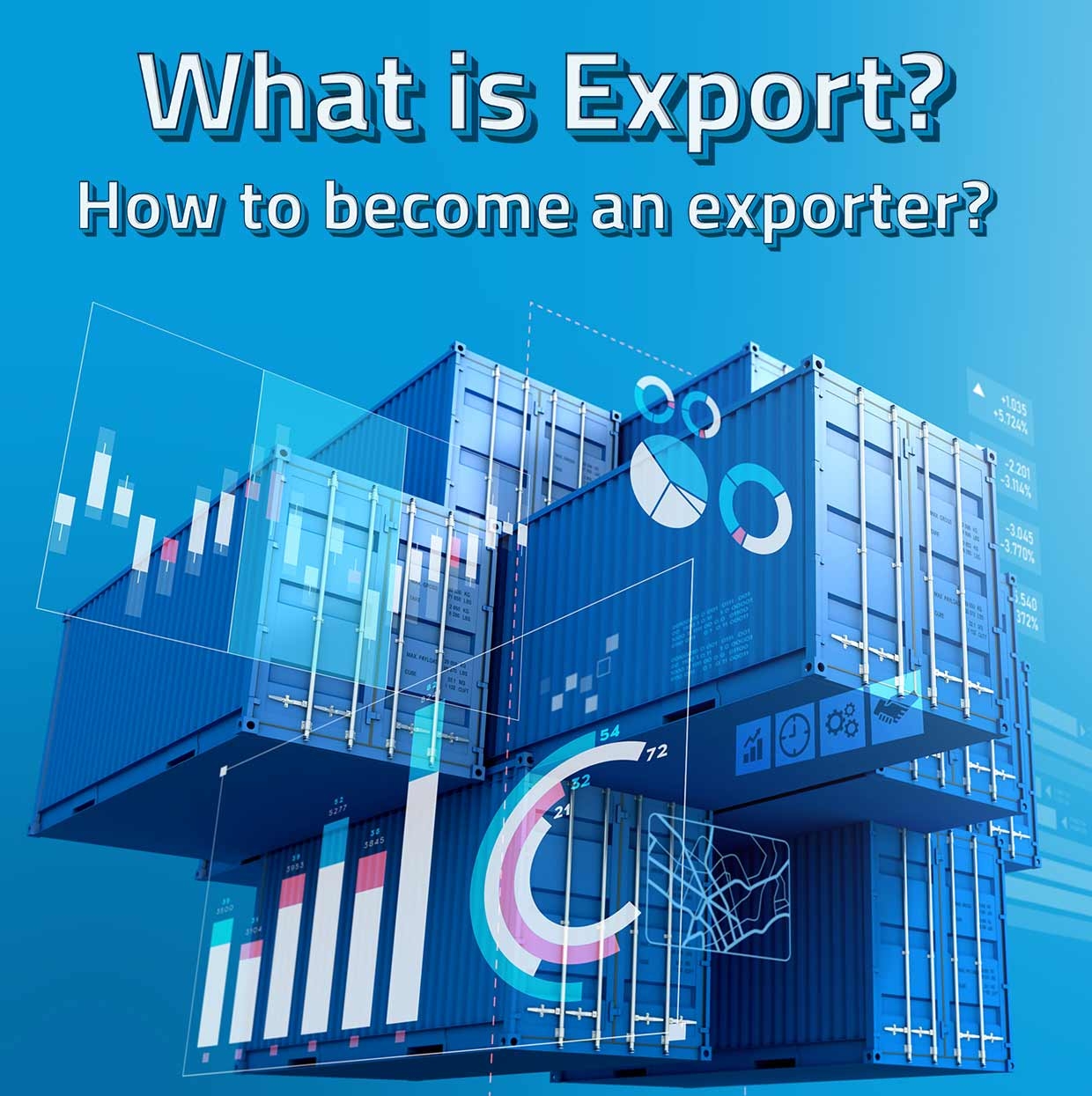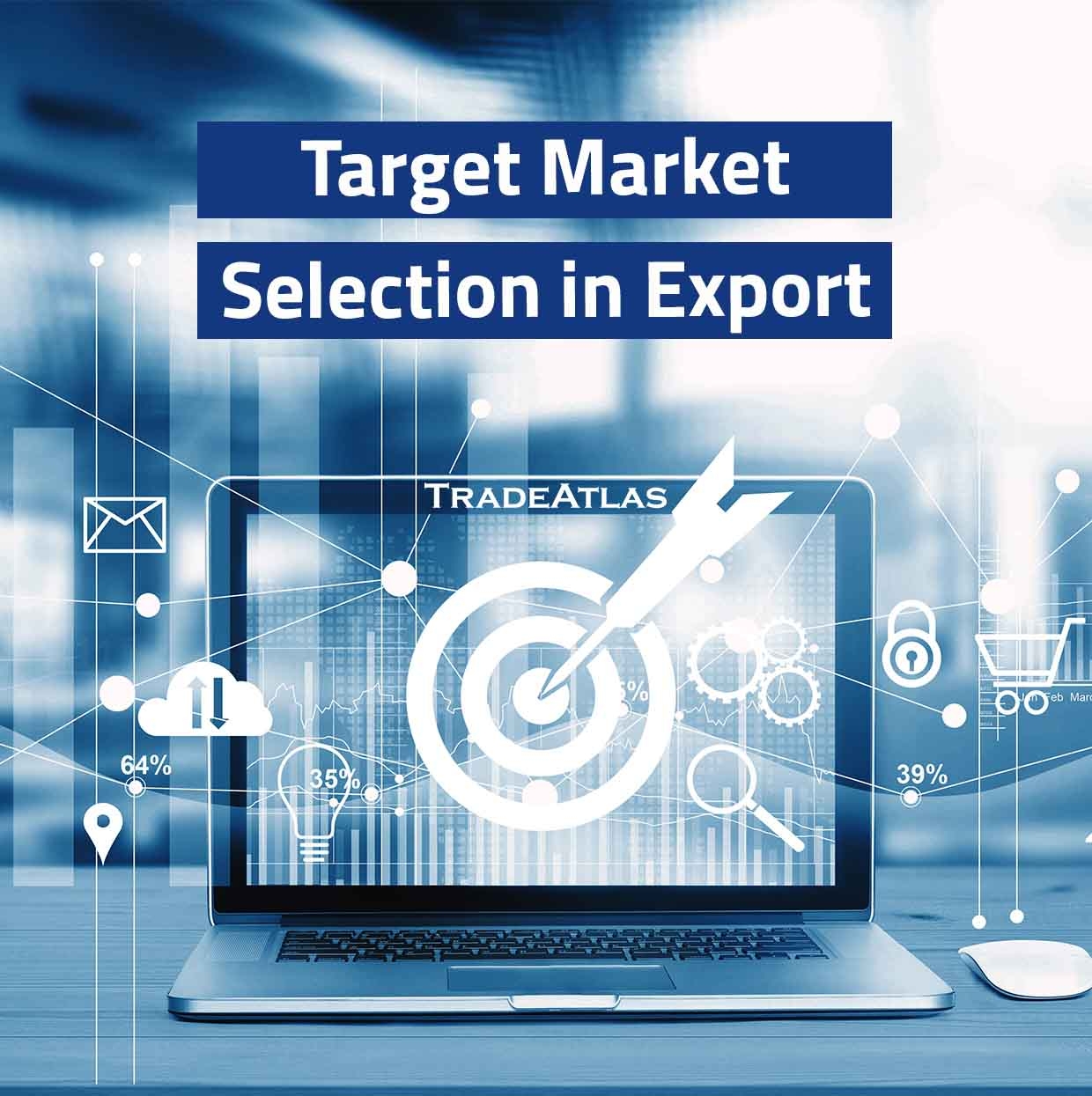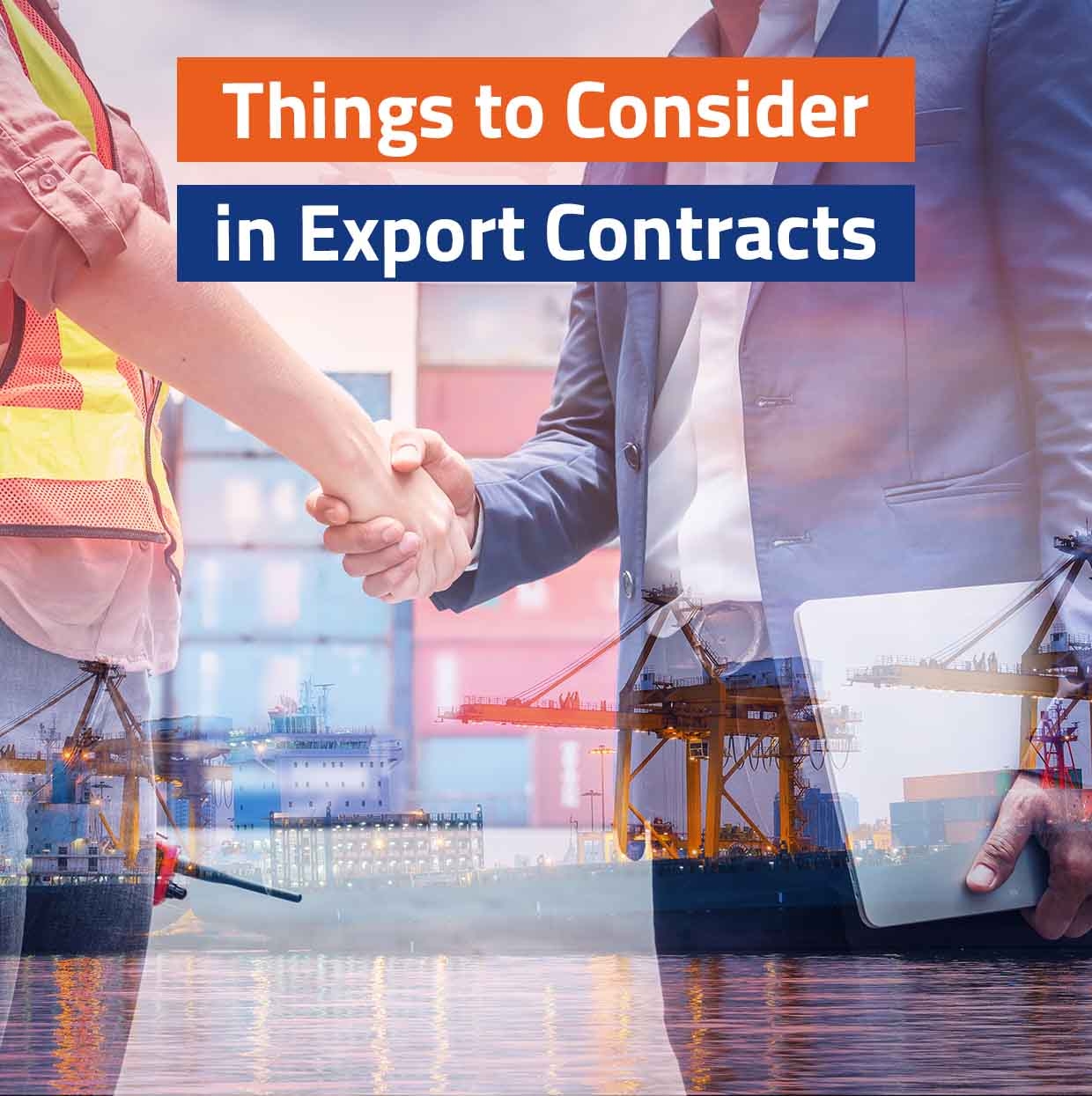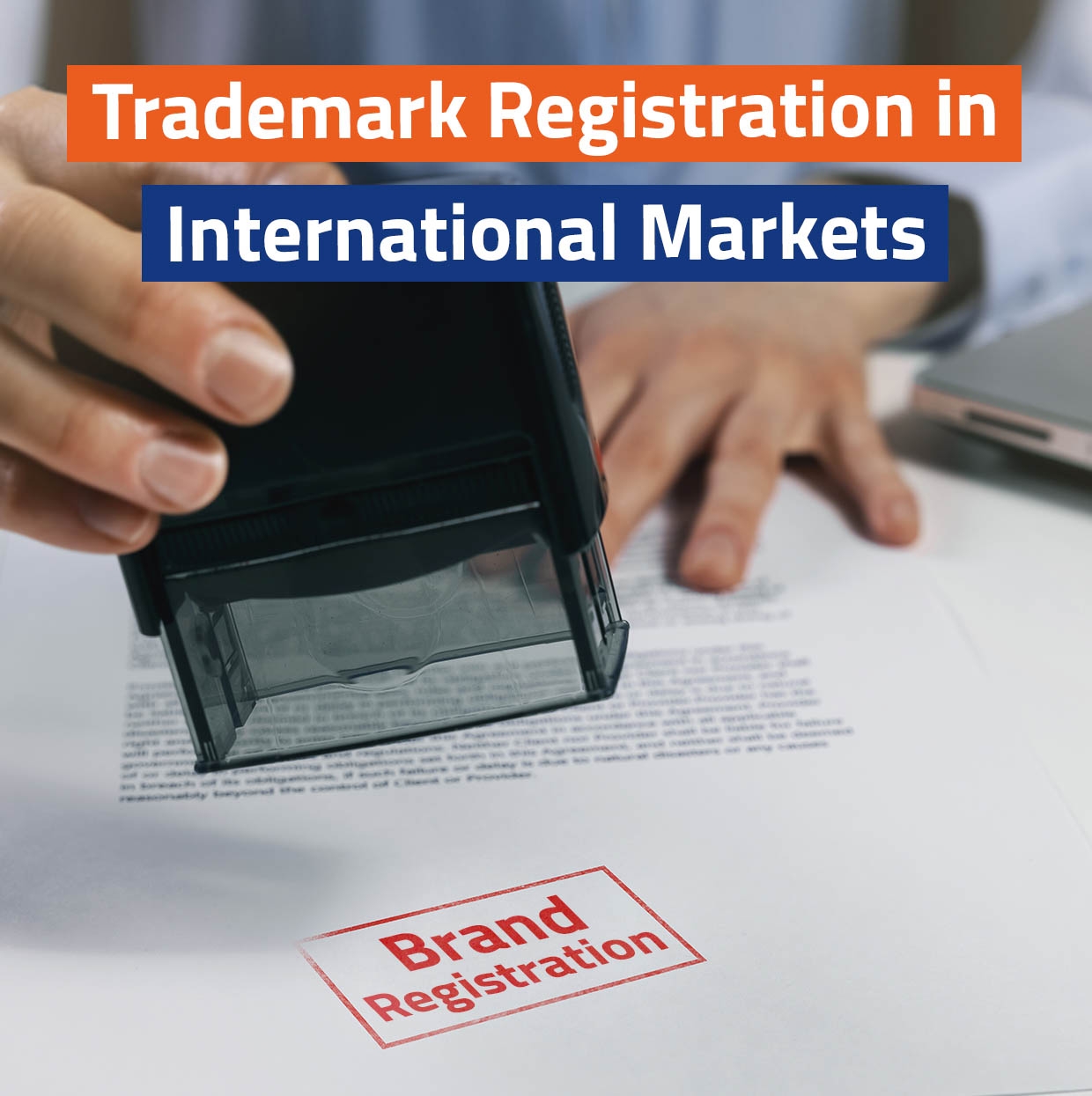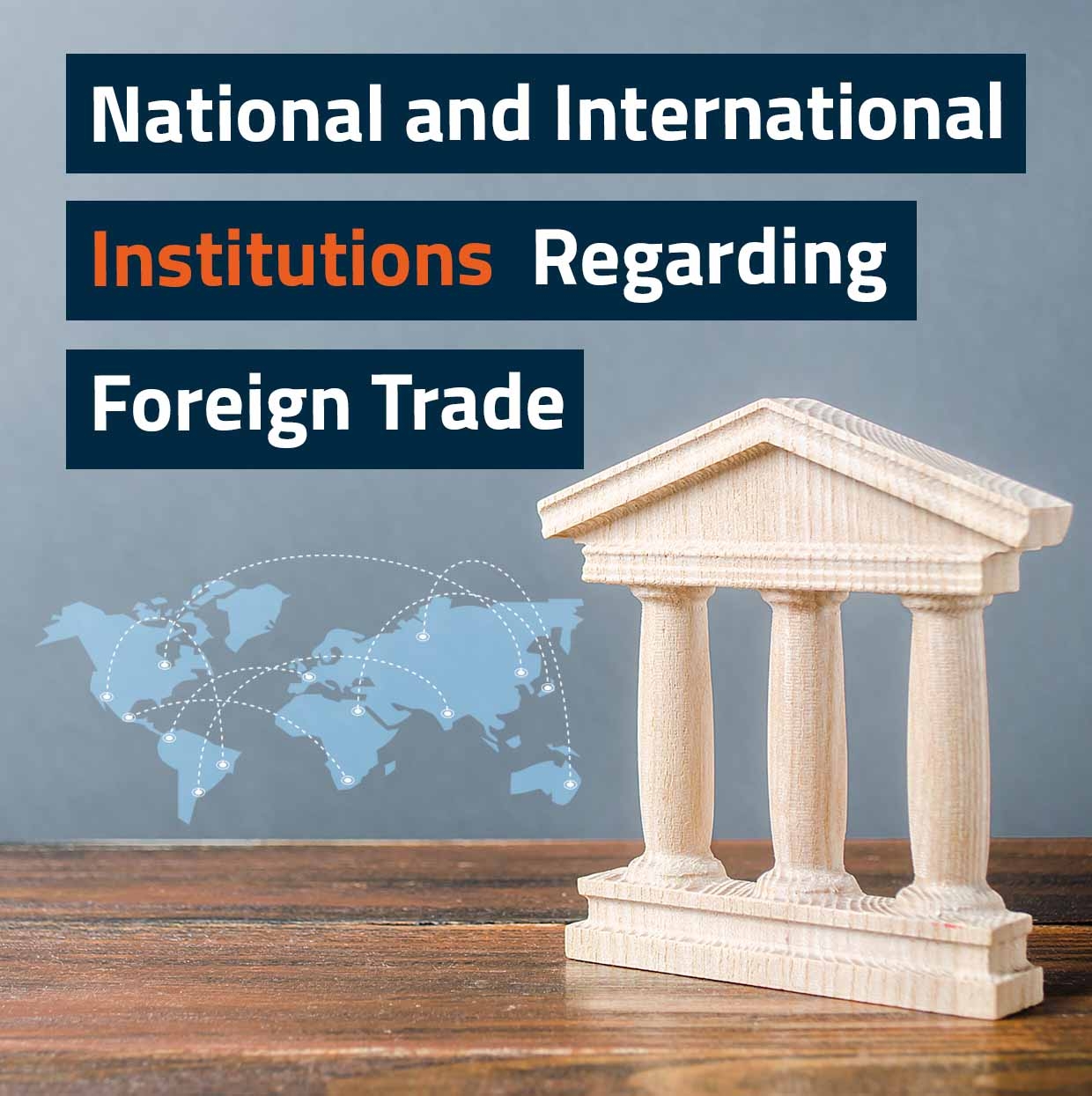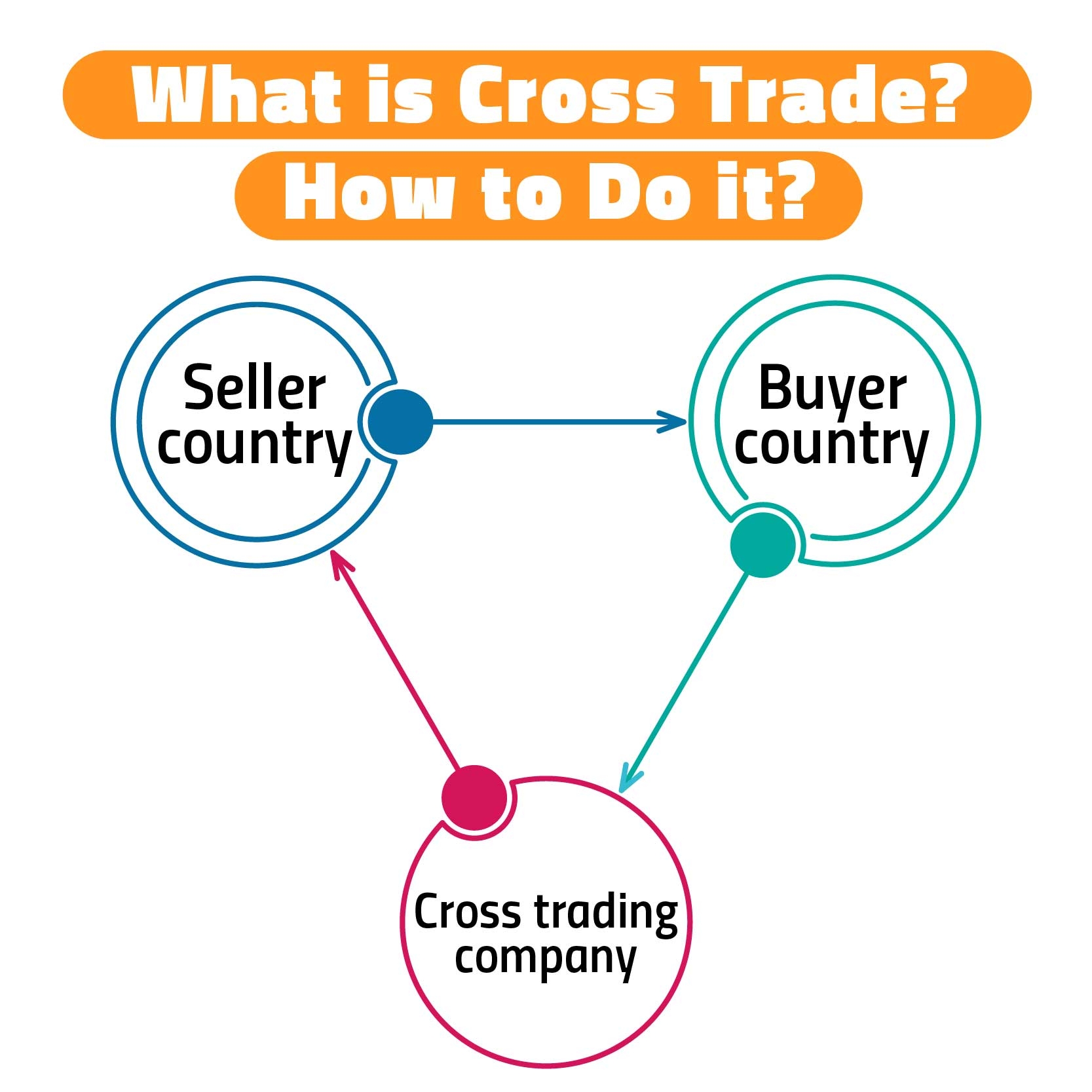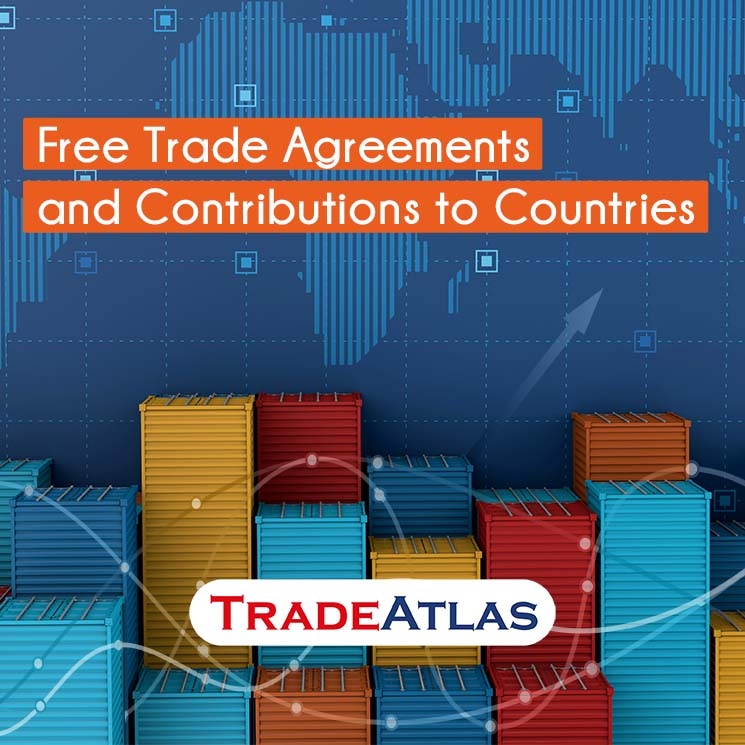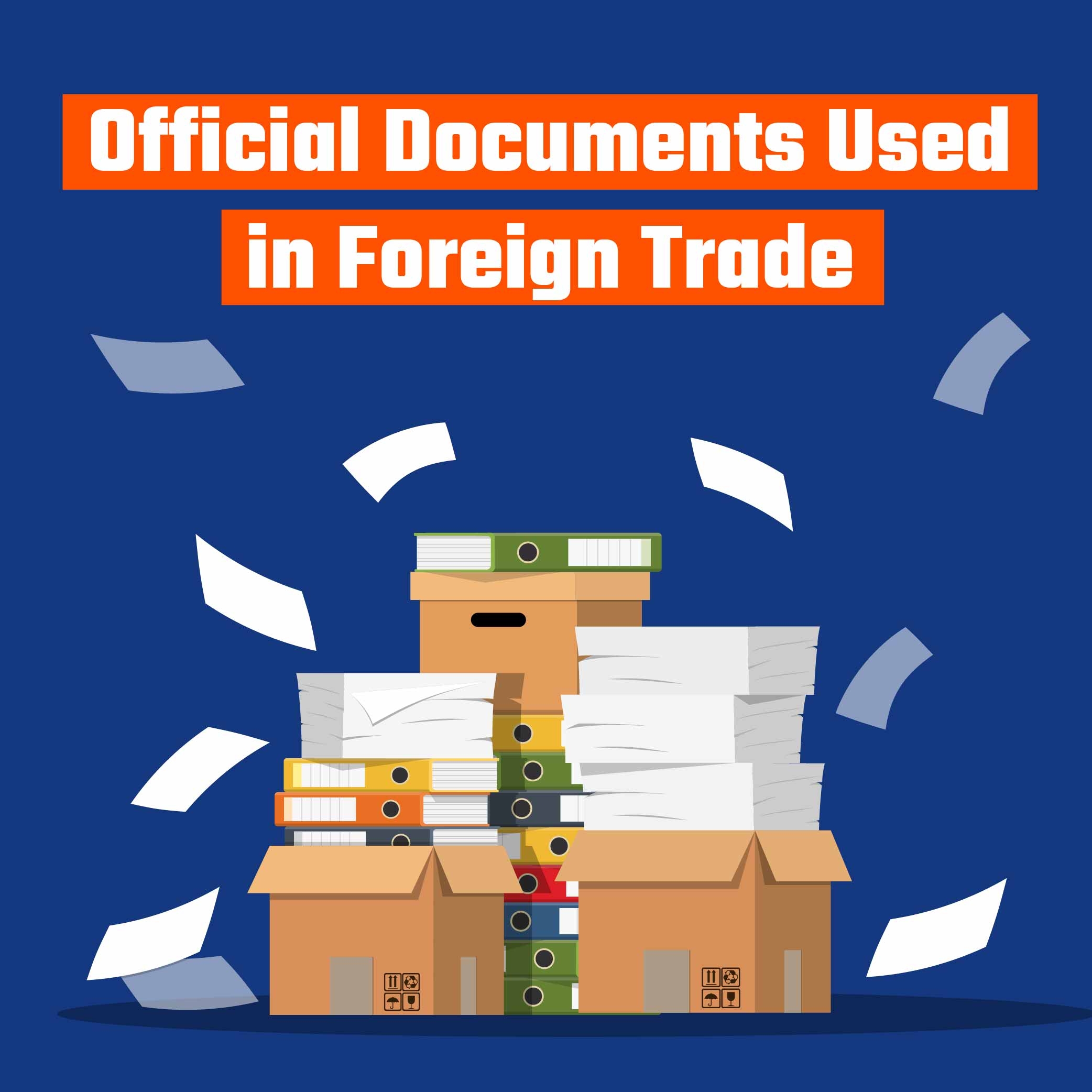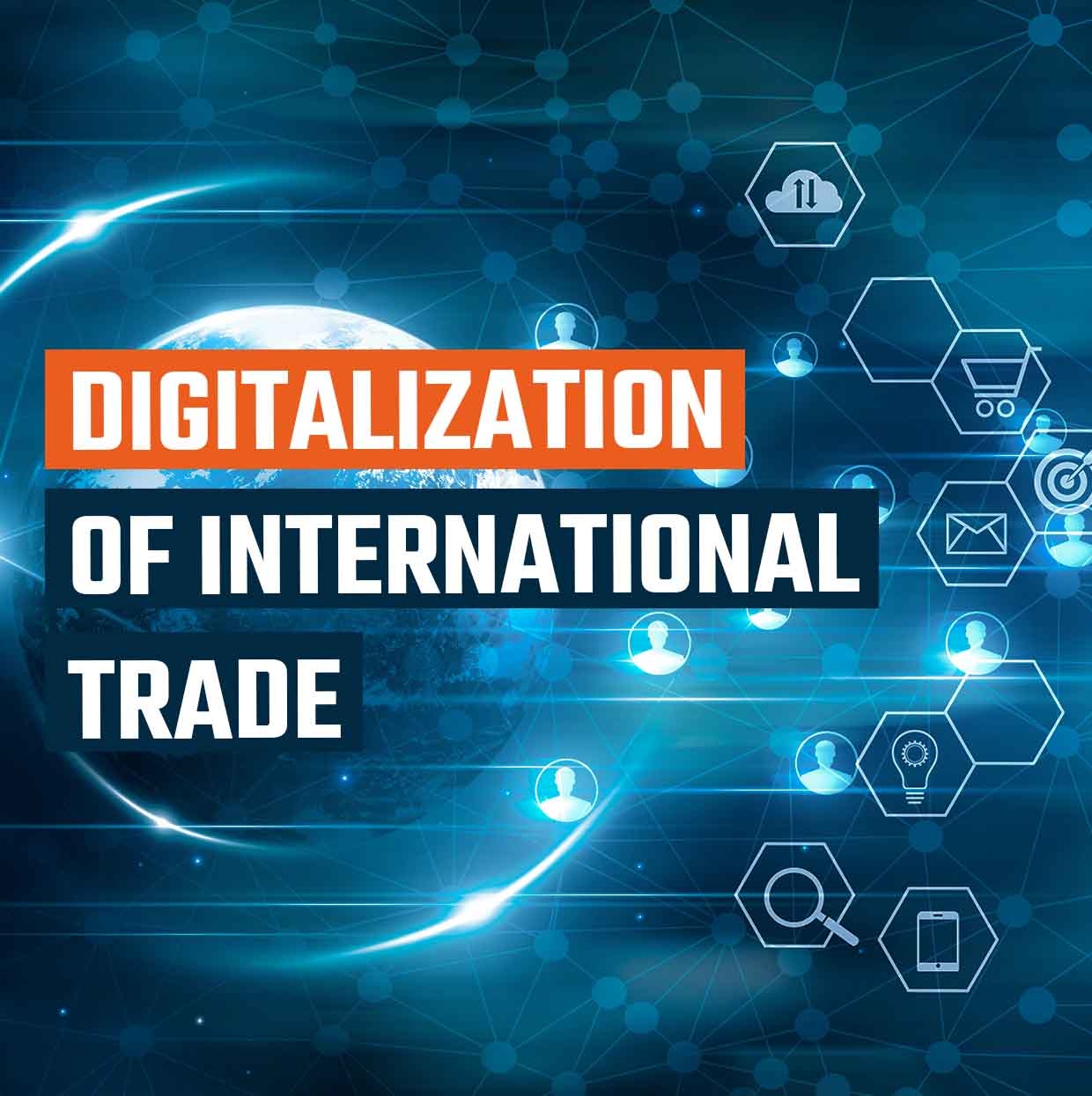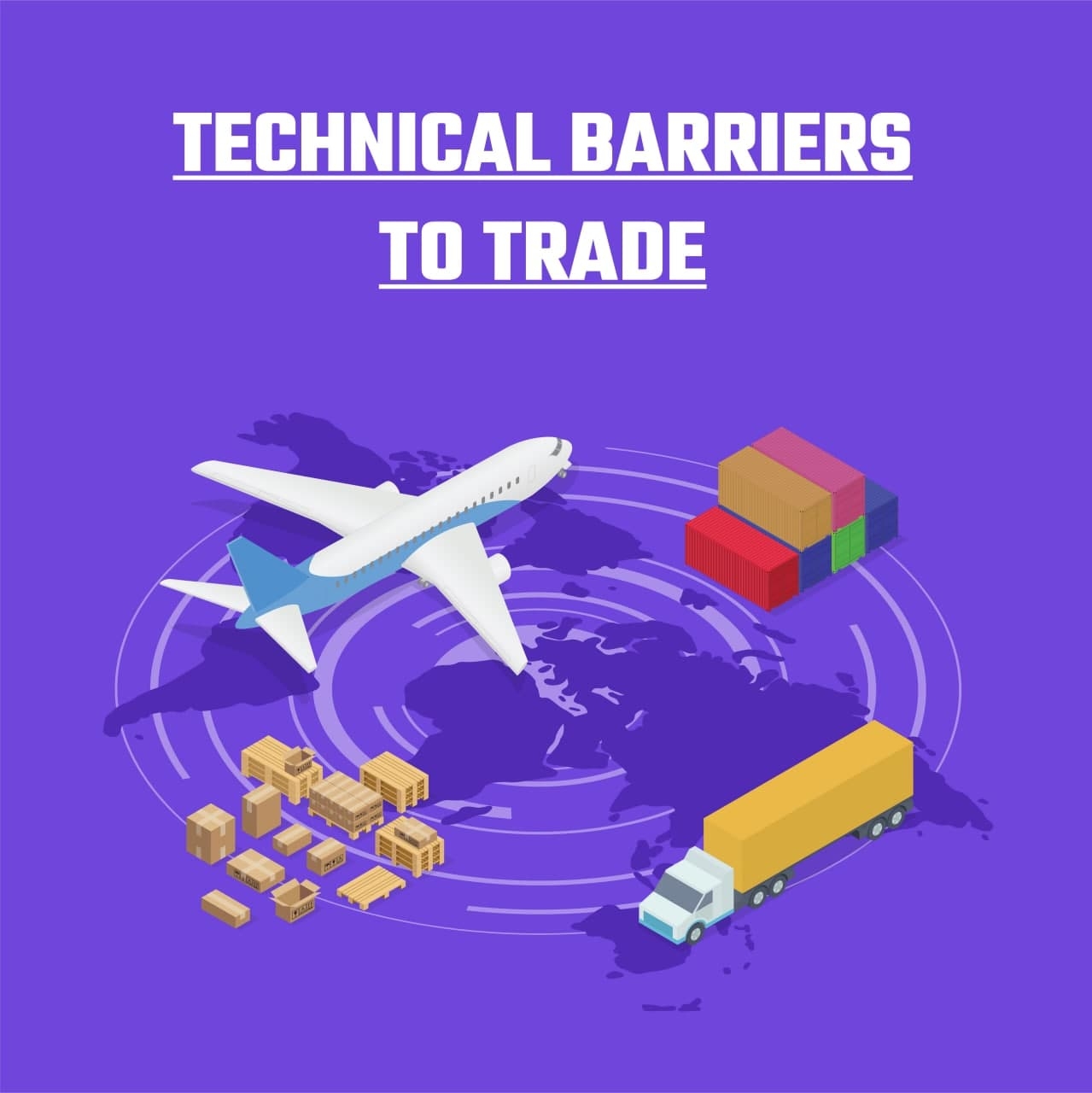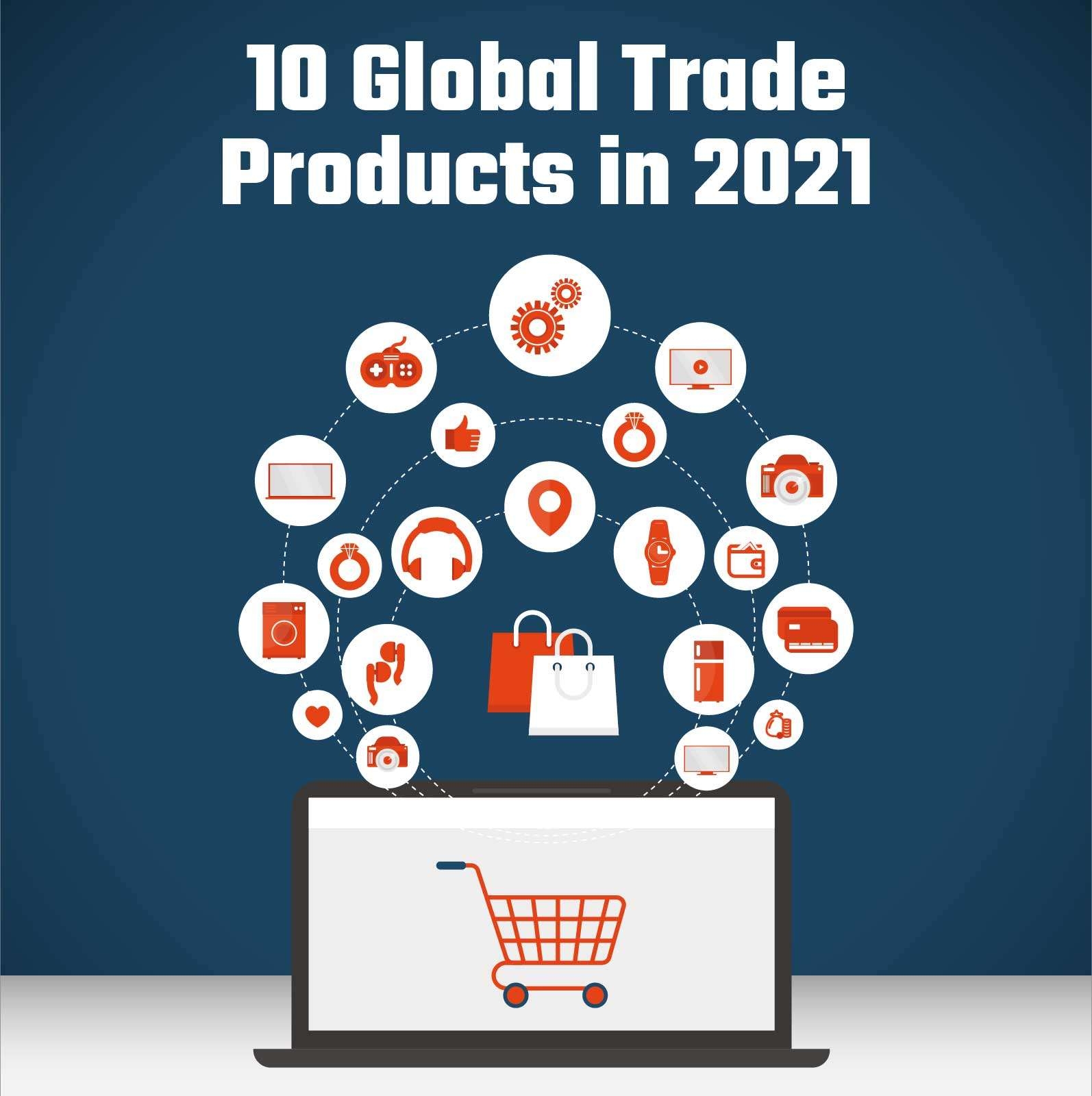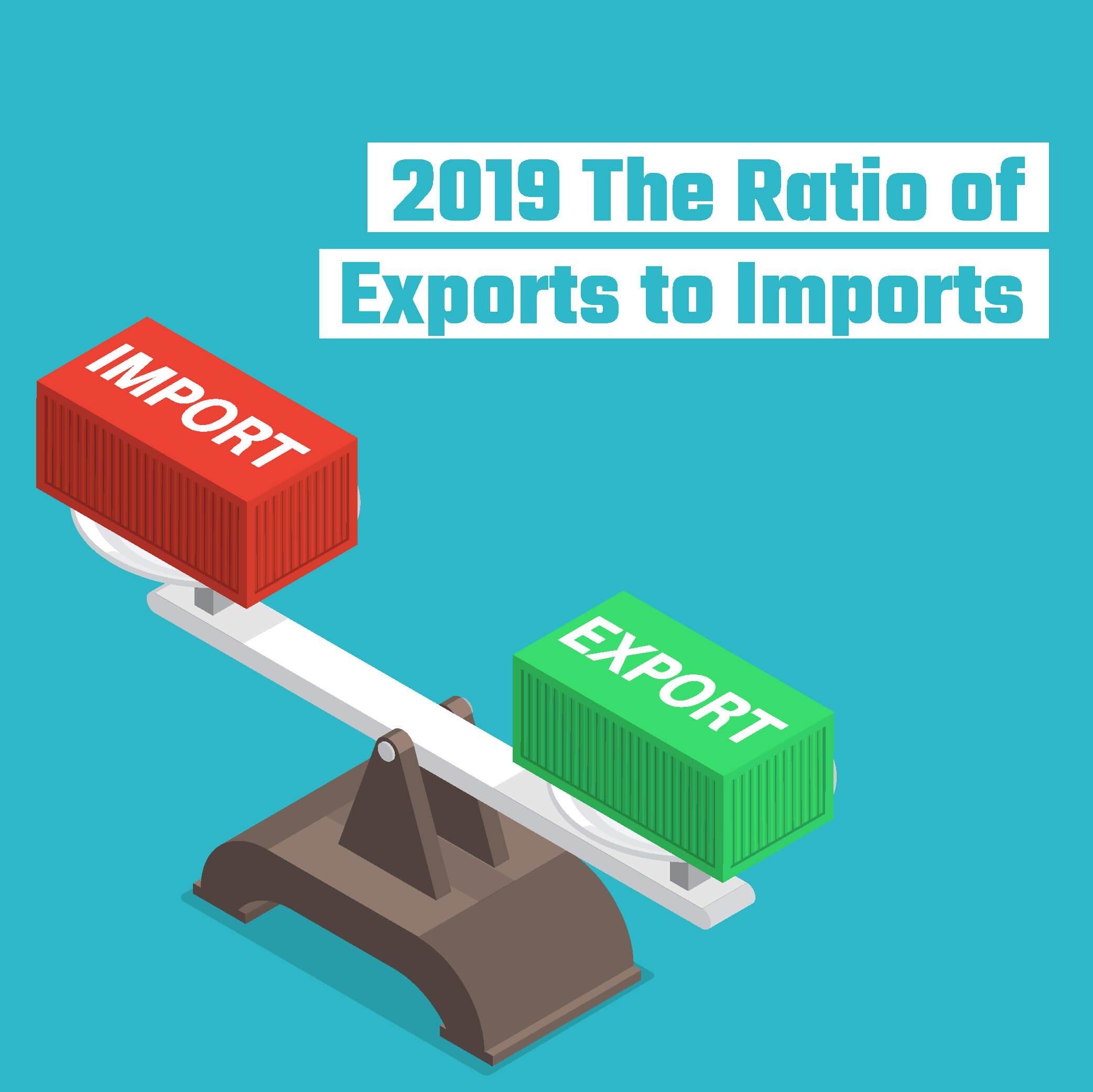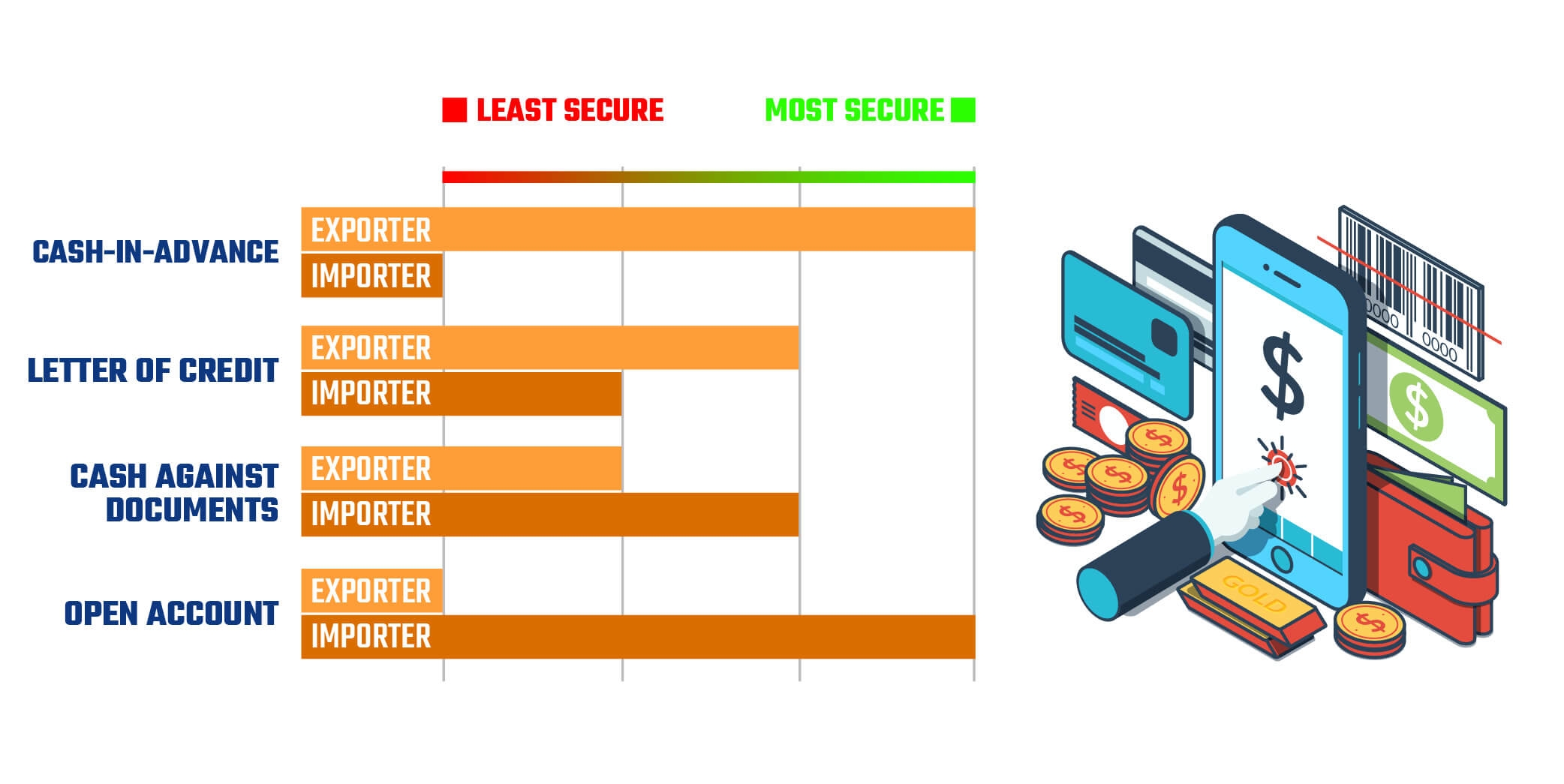What
is Import?
In
short, import, which can be defined as the purchase of products from another
country and bringing them to the country; is the process of bringing products
to the country temporarily or definitively, with or without paying the taxes.
Definitive
imports can be made within the framework of the
rules of the “Release for Free Circulation” in the customs legislation.
In order for a good to be released for free circulation, it is not sufficient
to pay only the taxes that must be collected on import; it is also necessary to
implement trade policy measures and complete other necessary procedures for the
import of the goods.
It
is possible for products not in free circulation to be brought into the country
completely or partially exempt from import duties and without being subject to
trade policy measures and re-exported without any changes other than ordinary
wear. This practice is called the "Temporary Export". In cases
where identification of the imported goods is not possible, the use of the
temporary importation regime is not allowed. If these goods will undergo any
process or workmanship during its stay in the country, the transactions related
to the entry and exit of the goods can be made within the framework of the
"Inward Processing" rules in the European Union countries.
Inward
Processing is a customs regime that allows the
import of raw materials, auxiliary materials, and packaging materials, which
are necessary for the production of the product to be exported and cannot be
obtained from the domestic markets in terms of price and/or quality, in order
to increase the product diversity and competitiveness of the exported products
in the world markets.
Shipments
made from free zones to other parts of the country are also considered as
imports. You can reach our detailed blog post about free zones by clicking here.
How
to Become an Importer?
1.
Checking Customs Policies & Procedures
Before
importing, it should be checked whether any license or permit is required for
the product to be imported or to become an importer. While
a license is not generally required to become an importer, there are certain
goods in each country that may be subject to special requirements in terms of
testing, marketing, certification, labeling, packaging and documentation.
2.Formal
Contract
Make
sure you provide a formal written document to the buyer and seller before
purchasing and importing foreign goods. This document should cover all of the
important concerns, such as product acceptance, warranties, and dispute
resolution procedures. Otherwise, your company may be exposed to severe risks
that may be difficult to manage.
3.Incoterms
It
is the responsibility of the importer firm to fully understand the costs,
rights, and obligations outlined in the Incoterms. This will also help them to
estimate their costs more accurately. For detailed information about Incoterms,
you can read our blog post by clicking here.
4.Classifying
the Products Properly
The
rate of duty imposed to a product is determined by its harmonized tariff
schedule classification (HTS). As a result, it's critical that you assign your
products the right classification. This will not only reduce your duties, but
it will also ensure that your goods do not meet any further obstacles while
entering the country.
5.Reliable
Supplier
You
must ensure that the supplier with whom you are dealing is trustworthy before
proceeding with any final transactions. This is the time to do extensive
research on their reputation, financial situation, and entire history. Doing business with unknown suppliers may
be risky, so the importers have to always be prepared.
It is very easy to reach importers and exporters all over the world directly with TradeAtlas! TradeAtlas is a global importer and exporter search engine that contains 1.5 billion bills of lading and shipment details data of 17.5 million importer companies in more than 230 countries around the world. TradeAtlas is with you to accompany you in taking steps towards becoming a more important part of global trade! To become part of the global ecosystem, you can register and search for free by clicking here.

